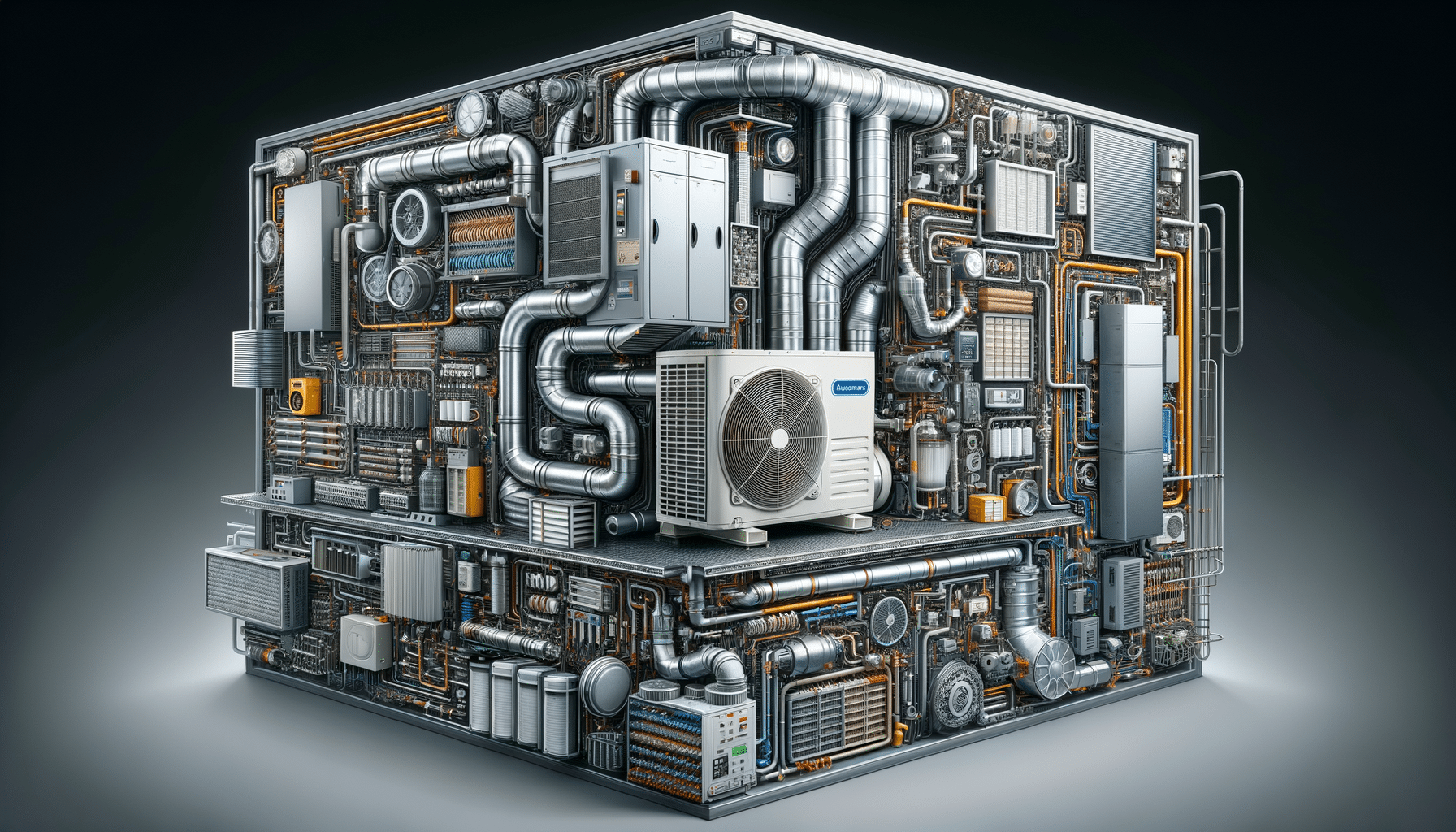
Understanding HVAC Systems: A Comprehensive Guide
Introduction to HVAC Systems
Heating, Ventilation, and Air Conditioning (HVAC) systems are integral to modern living, providing comfort and air quality in homes and buildings. These systems are designed to regulate temperature, humidity, and air purity, making them essential for both residential and commercial spaces. Understanding how HVAC systems work can help in making informed decisions about installation, maintenance, and energy efficiency.
Components of HVAC Systems
HVAC systems comprise several components that work together to control the indoor environment. The main parts include:
- Furnace: Responsible for heating air, using fuel sources like gas, oil, or electricity.
- Air Conditioner: Cools the air by removing heat and humidity.
- Ductwork: Channels that distribute conditioned air throughout the building.
- Thermostat: A device that controls the system’s operations based on temperature settings.
- Ventilation System: Ensures air circulation and removes stale air.
Each component plays a vital role in maintaining a comfortable and healthy indoor environment. The efficiency and effectiveness of an HVAC system depend on the quality and maintenance of these components.
The Role of HVAC in Energy Efficiency
HVAC systems significantly impact energy consumption in buildings. Efficient systems can reduce energy costs and environmental impact. Key factors influencing energy efficiency include:
- System Size: Properly sized systems match the building’s heating and cooling needs, avoiding energy wastage.
- Insulation: Adequate insulation minimizes energy loss, enhancing system efficiency.
- Regular Maintenance: Routine checks and servicing ensure optimal performance and longevity.
- Advanced Technology: Modern systems with smart thermostats and variable speed fans optimize energy use.
Investing in energy-efficient HVAC systems can lead to significant savings and contribute to environmental sustainability.
Common HVAC System Types
There are various types of HVAC systems, each catering to different needs and building configurations. Some common types include:
- Split Systems: Consist of indoor and outdoor units, offering flexibility and efficiency.
- Hybrid Systems: Combine traditional and electric sources for heating, enhancing efficiency.
- Ductless Systems: Ideal for homes without ductwork, offering zoned heating and cooling.
- Packaged Systems: All-in-one units suitable for small spaces, providing comprehensive climate control.
Choosing the right type depends on factors like building size, climate, and budget. Consulting with HVAC professionals can help in selecting the most suitable system.
Maintaining Your HVAC System
Proper maintenance is crucial for the longevity and efficiency of HVAC systems. Key maintenance practices include:
- Regular Filter Replacement: Clean filters ensure efficient airflow and air quality.
- Seasonal Inspections: Professional inspections before peak seasons prevent unexpected breakdowns.
- Cleaning Ducts and Vents: Reduces dust accumulation and improves system efficiency.
- Monitoring Thermostat Settings: Proper settings can prevent energy wastage and maintain comfort.
By adhering to these maintenance practices, homeowners can ensure their HVAC systems operate efficiently, providing comfort and saving on energy costs.
Conclusion: The Importance of HVAC Systems
HVAC systems are vital for maintaining a comfortable and healthy indoor environment. Understanding their components, types, and maintenance needs can help in making informed decisions that enhance energy efficiency and reduce costs. Whether for a residential home or a commercial space, investing in a quality HVAC system is a step towards improved comfort and sustainability.


